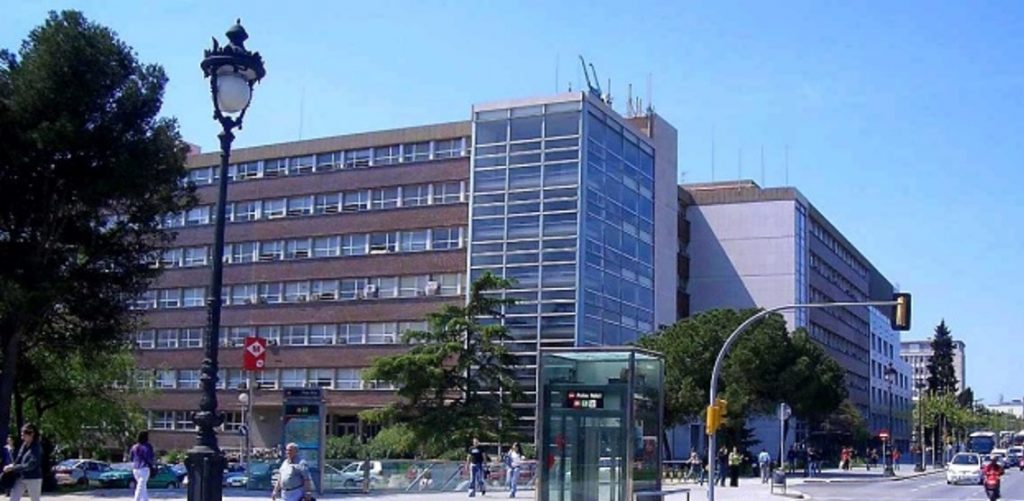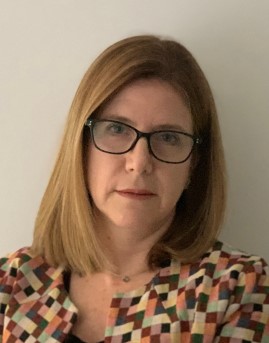The Center for Design and Optimization of Processes and Materials, DIOPMA, is a scientific research group of the University of Barcelona, formed in the Department of Materials Science and Physical Chemistry.
DIOPMA is formed by of a group of Doctors, Graduates and Engineers and is currently headed by Professor Ana Inés Fernández. DIOPMA is a consolidated group by the Generalitat de Catalunya (2017SGR118), has the TECNIO accreditation granted by the Generalitat de Catalunya, through ACCIÓ, to the research centers with intensive technology transfer to the business environment.
DIOPMA is a member of the Energy for Society R & D & I Reference Network (XRE4S) of the Generalitat de Catalunya and of the Red de pilas de combustible y baterías avanzadas CSIC-Universidad as well as the Red españoles de almacenamiento de Energía Térmica.


At the international level, DIOPMA is part of the RIbERA network (Red Iberoamericana de Investigación en Desarrollo y Transferencia para la aplicación de Energías Renovables y cuidado del Ambiente), CIRES (Cidades Inclusivas Resilientes Eficientes e Sustentáveis) and INPATH-TES.
The aim of the group is to help companies to overcome future and present challenges by innovating, improving their products or their manufacturing technology. The group has been awarded four times (2009, 2012, 2014 and 2018) with the Antoni Caparrós award by the Social Council from Universitat de Barcelona and Fundació Bosch i Gimpera to the best University-Enterprise technology transfer project.
DIOPMA center was created in 1989 by Dr. Ferran Espiell, Professor of University of Barcelona and now retired. Since its creation, we have been committed to high quality research and technology transfer. Since then, more than 40 patents have been developed with several companies and more than 250 research projects have been carried out. In addition, researchers from the DIOPMA center have participated in 80 projects with public administrations both national and regional, as well as in 12 European projects.
